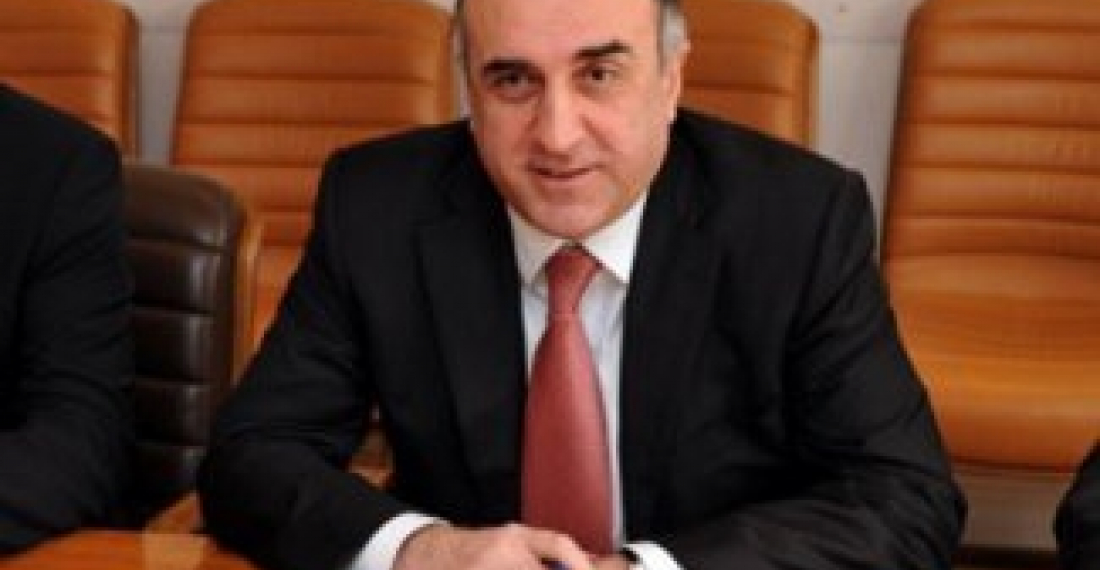БАКУ, 14 янв - 1NEWS.AZ
Я не знаю на Каспийском море месторождения под названием «Сардар Джангал».
Как сообщает 1news.az, об этом министр иностранных дел Азербайджана Эльмар Мамедъяров заявил на совместной с главой МИД Норвегии Эспеном Бартом Эйде пресс-конференции по итогам двусторонней встречи, выражая отношение к недавнему заявлению министра нефти Ирана Ростама Гасеми о месторождении «Сардар Джангал».
«Мы открыли в Министерстве иностранных дел Азербайджана карту Каспийского моря со всеми месторождениями, но не нашли месторождения с таким названием», - отметил Э.Мамедъяров.
По его словам, на Каспии существует месторождение «Сардар», вокруг которого между Азербайджаном и Туркменистаном ведутся переговоры в связи с определением границ на Каспии.
«О каком месторождении говорится в иранских СМИ, мне неизвестно. Я не знаю месторождения под названием «Сардар Джангал» на Каспийском море», - подчеркнул Э.Мамедъяров.
Отметим, что согласно информации иранских СМИ, министр нефти Ирана Ростам Гасеми заявил, что нефтегазовое месторождение «Сардар Джангал» принадлежит Ирану.
«В настоящее время мы проводим исследовательские работы на территории данного месторождения. «Сардар Джангал» находится на территории Ирана и полностью принадлежит Ирану», - подчеркнул он.
Расим Бабаев, Ф.Б.
Commentary
1News.az: «Я не знаю на Каспии месторождения под названием «Сардар Джангал»







